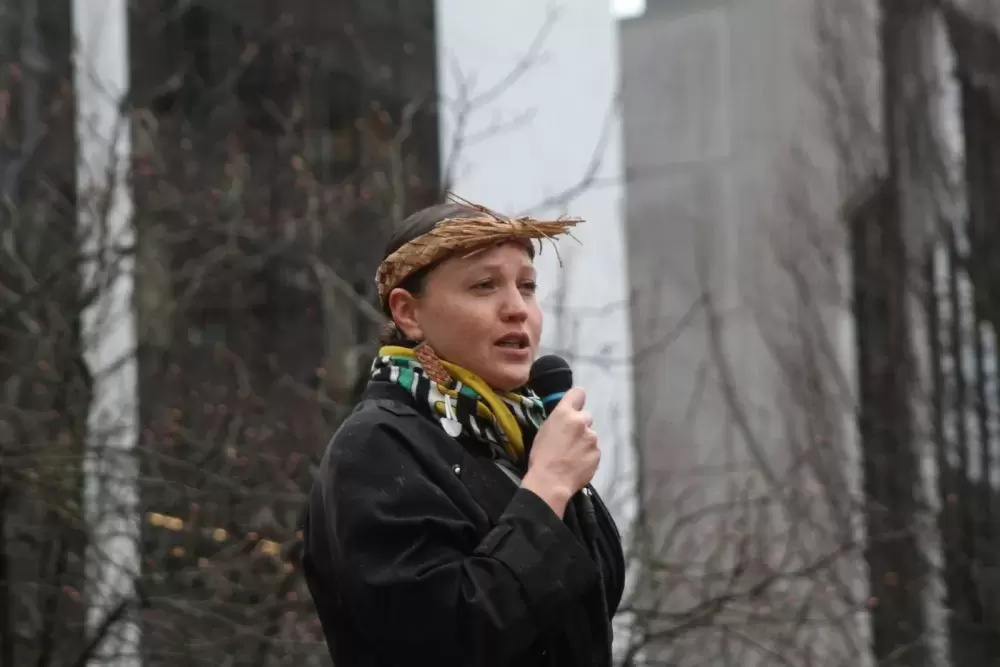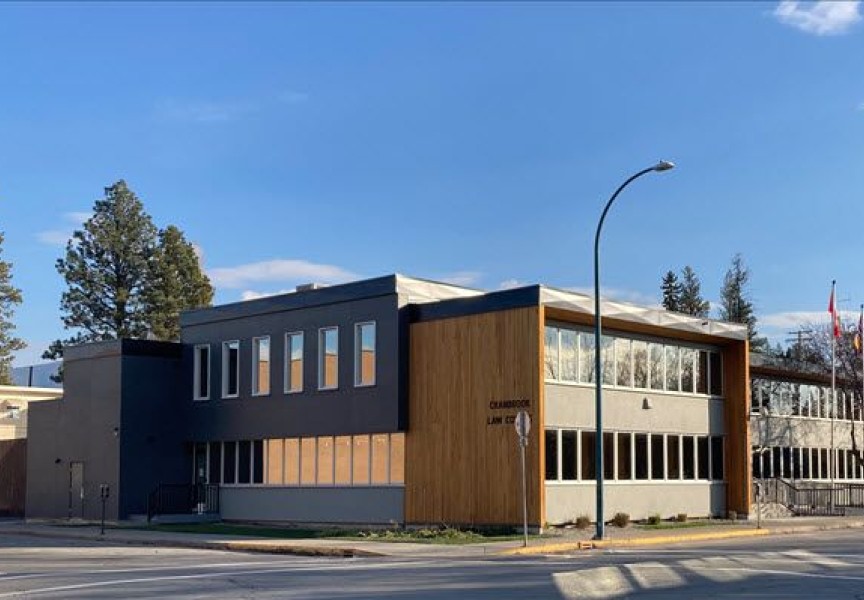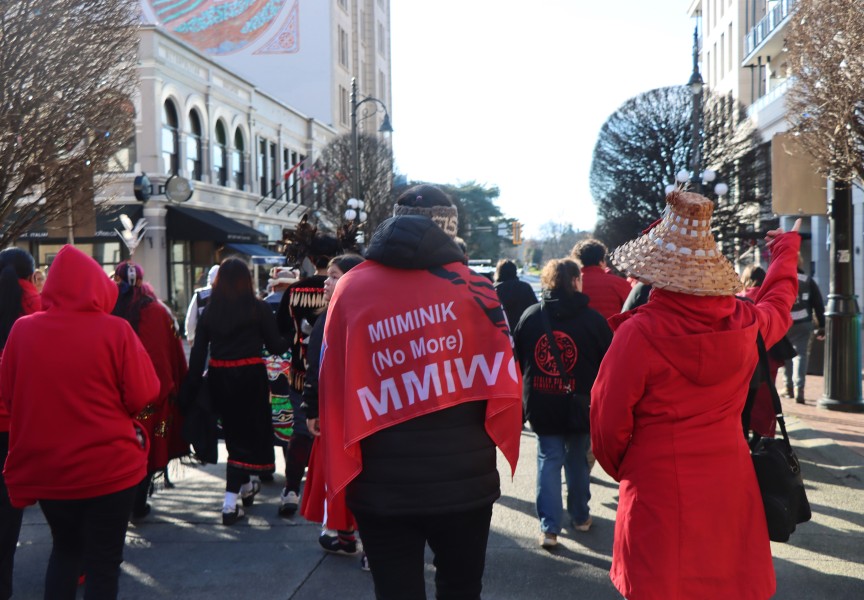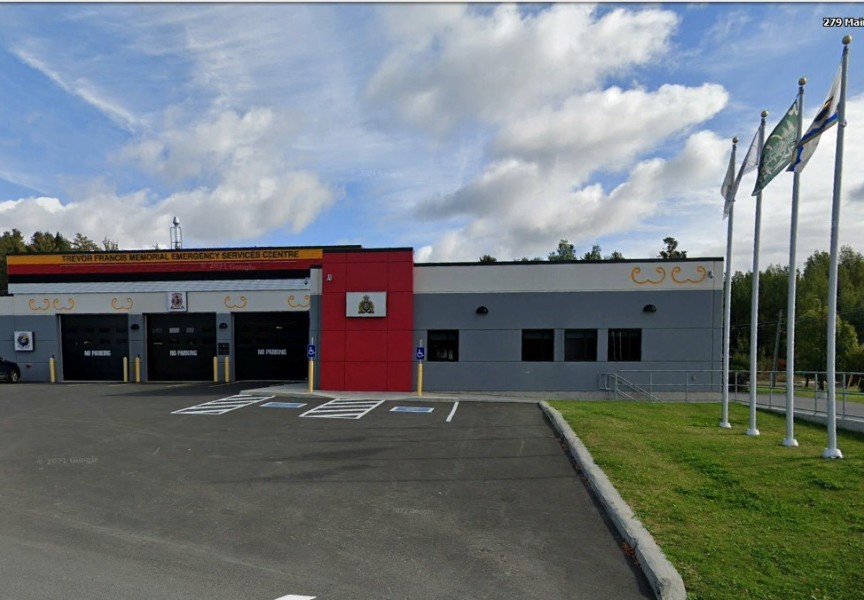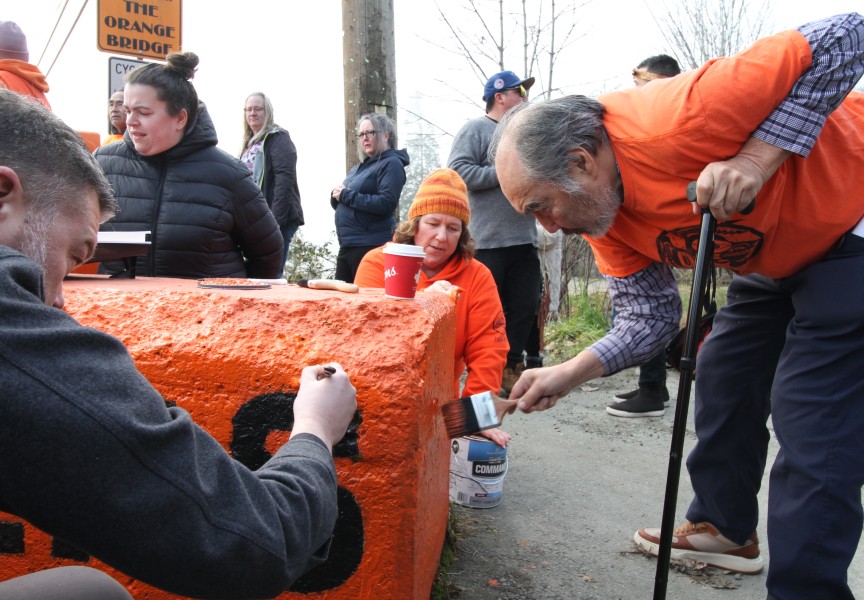A new report from the Auditor General of Canada, Karen Hogan, says the federal Correctional Service has failed to adjust its programs in response to the diversity of the offender population.
This has disadvantaged certain groups of offenders in custody by allowing persisting systemic barriers to remain unchanged, read a release from the auditor general.
“The audit found that Black and Indigenous offenders experienced poorer outcomes than any other groups in the federal correctional system and faced greater barriers to a safe and gradual reintegration into society,” according to the release.
Despite raising similar issues in their 2015, 2016 and 2017 audits, Hogan said Correctional Service Canada has done “little to change the policies, practices, tolls and approaches that produce these different outcomes.”
Nuu-chah-nulth Tribal Council Vice-President Mariah Charleson said the findings are “unsurprising.”
“It’s information we’ve already known about for a long time,” she said. “It's really difficult to believe that there's going to be any type of drastic change.”
Charleson said correctional services needs to be addressed holistically.
“Racism isn't just in the correctional system, racism isn't just in the healthcare field – this is a society wide problem,” she said.
Immediate steps that can be taken are responding to the 2015 Truth and Reconciliation Commission's 94 Calls to Action, Charleson said.
“We need to focus on what we can do right now and that’s responding to the calls to action that have been out for many years,” she said.
Lynne Groulx, CEO of the Native Women’s Association of Canada, responded to Hogan’s report saying it’s “more than frustrating to know that similar observations were made six years ago,” but nothing has changed.
“Canada cannot claim to be on a path of reconciliation with Indigenous people when its strategy for dealing with us is keeping us behind bars,” she wrote in a release. “The overt and covert racism within the Canadian correctional system can no longer be ignored.”
In response to a 2019 B.C. Court of Appeal ruling, the BC NDP government introduced a 15-day limit on solitary confinement to the province’s Correction Act Regulation in 2020.
According to a release by the B.C. Green Caucus, there were 8,281 new admissions to provincial correctional facilities in 2020 and 2021.
Despite the regulatory amendment, an average of 33 individuals had been in solitary confinement for more than 15 days on any given day, the release read.
Meanwhile, an average of 10 of those individuals had been in solitary confinement for more than 60 days, the Greens said.
Despite representing only 6 per cent of B.C.’s population, 35 per cent of the incarcerated population identify as Indigenous.
Adam Olsen, MLA for Saanich North and the Islands and member of the Tsartlip First Nation, said solitary confinement disproportionately impacts Indigenous people.
“Solitary confinement is a dehumanizing and insidious form of psychological harm,” he said. “We know that solitary confinement does not help rehabilitate the adults and youth in the corrections system, and in fact harms them.”
CSC has not met its own commitment to “better reflect the diversity of offender population in its workforce,” Hogan said.
“Different outcomes for certain groups of revitalized and Indigenous offenders have persisted for too long,” she said.
Charleson said she will always “have a little bit of hope” that systemic change is coming.
“But there’s just so much more that needs to be done,” she said.

